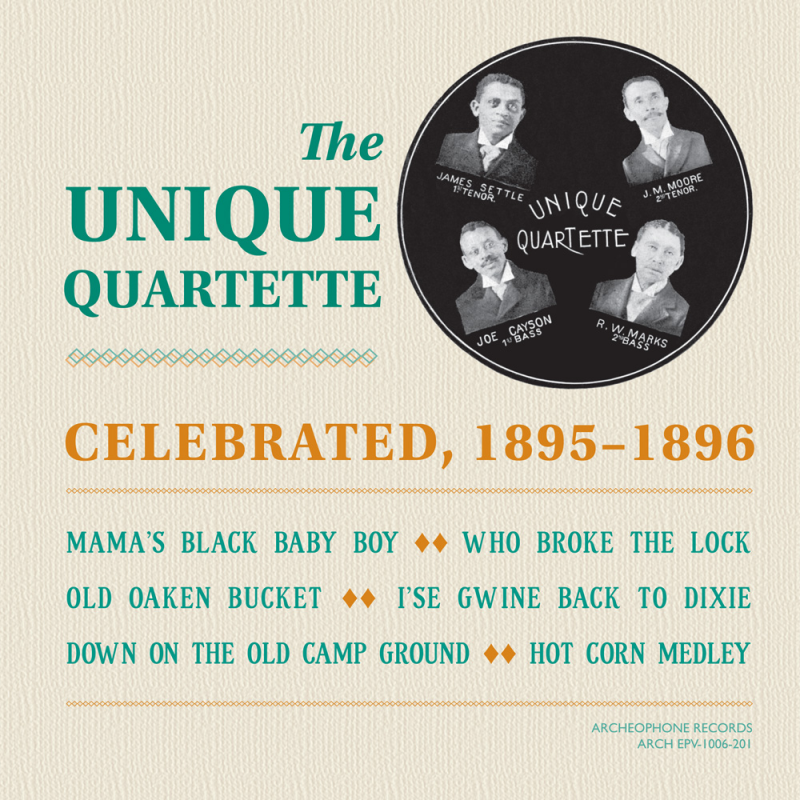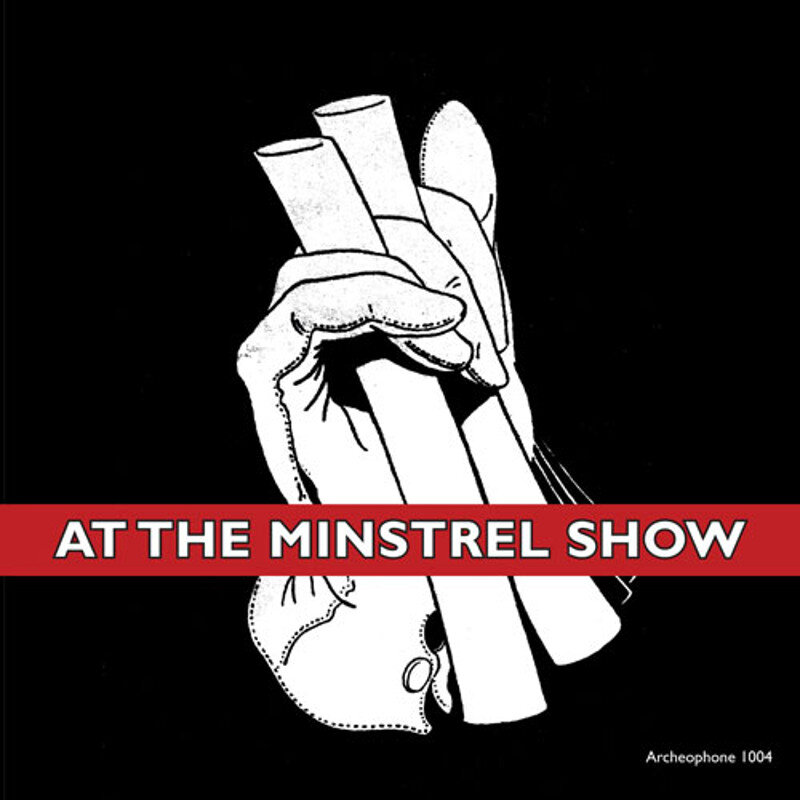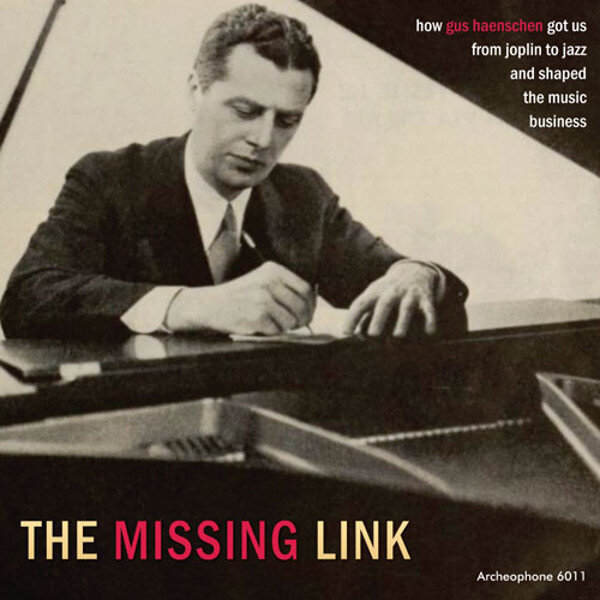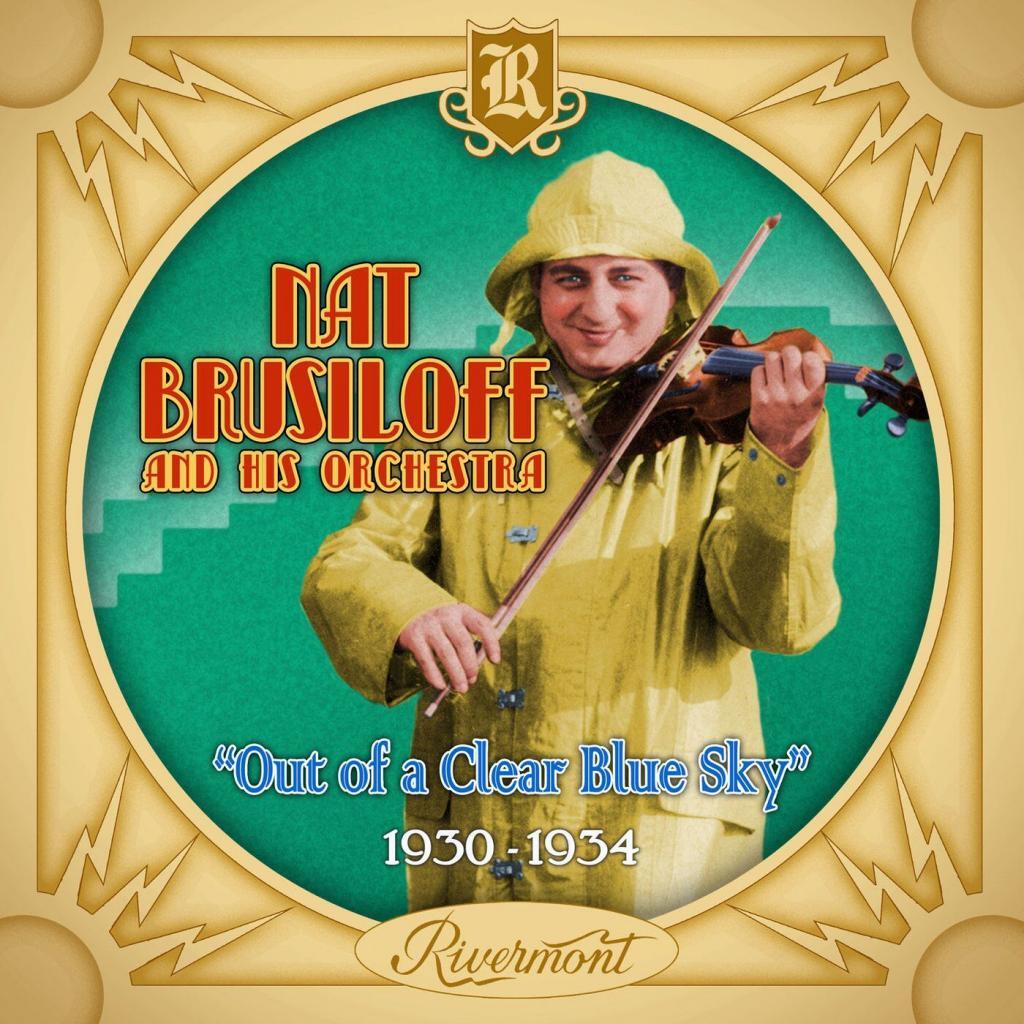The Grammy Awards telecast doesn’t offer much for jazz fans, particularly not for fans of early jazz styles. But there are a couple of winners announced earlier in the day that a few or our friends will be refreshing their browsers to see. Two categories in particular are annually of syncopated interest, they are #67 Best Album Notes and #68 Best Historical Album. That’s a bit down the chain from Best Album but a nomination can mark the culmination of years of effort.
Each year two Record Labels dominate these categories, Bryan Wright‘s Rivermont Records, and Rich Martin and Meagan Hennessey’s Archeophone Records. While Rivermont has a jazz orientation and records new Jazz and Ragtime artists as well as highlighting figures from the ’20s and ’30s, Archeophone has a broader focus on early recordings, including those from the fragile brown wax cylinder era of the 1890s.
 This year Archeophone has nominations for three important albums. Perhaps their greatest honor is a Best Historical Album nomination for Celebrated, 1895-1896. It’s an LP only release of newly discovered cylinder recordings by The Unique Quartette, an early black touring group. The Quartette’s members included many important figures in early African American music from the 1880s into the 1900s, including Charles A. Asbury the banjoist subject of an earlier Archeophone release. This LP is beautifully packaged, with several layers of information about the group, the individual artists on these records, the music itself, the discovery of these recordings, and their restoration.
This year Archeophone has nominations for three important albums. Perhaps their greatest honor is a Best Historical Album nomination for Celebrated, 1895-1896. It’s an LP only release of newly discovered cylinder recordings by The Unique Quartette, an early black touring group. The Quartette’s members included many important figures in early African American music from the 1880s into the 1900s, including Charles A. Asbury the banjoist subject of an earlier Archeophone release. This LP is beautifully packaged, with several layers of information about the group, the individual artists on these records, the music itself, the discovery of these recordings, and their restoration.
 Archeophone also received two nominations in the Album Notes category. The first are by Tim Brooks, author of Lost Sounds: Blacks and the Birth of the Recording Industry, 1890-1919. His notes accompany the remarkable release At the Minstrel Show: Minstrel Routines from the Studio, 1894-1926. The double album, 20 years in the making, pieces together several record sets from the 1900s that were meant to recreate the entirety of a minstrel show experience. The CDs are rounded out with other minstrel show material. The delicate subject, also addressed in the associated book The Blackface Minstrel Show in Mass Media: 20th Century Performances on Radio, Records, Film and Television, is handled with forthrightness and care.
Archeophone also received two nominations in the Album Notes category. The first are by Tim Brooks, author of Lost Sounds: Blacks and the Birth of the Recording Industry, 1890-1919. His notes accompany the remarkable release At the Minstrel Show: Minstrel Routines from the Studio, 1894-1926. The double album, 20 years in the making, pieces together several record sets from the 1900s that were meant to recreate the entirety of a minstrel show experience. The CDs are rounded out with other minstrel show material. The delicate subject, also addressed in the associated book The Blackface Minstrel Show in Mass Media: 20th Century Performances on Radio, Records, Film and Television, is handled with forthrightness and care.
 Archeophones second Album Notes nomination is for the album The Missing Link: How Gus Haenschen Got Us From Joplin to Jazz and Shaped the Music Business. The notes were written by Colin Hancock who was involved in bringing this amazing project to fruition. Hancock makes the case that a set of Haenschen recordings from 1916 were actually the first jazz on record, ahead of the ODJB. The set also documents how Haenschen’s role as a producer shaped jazz into the 20s.
Archeophones second Album Notes nomination is for the album The Missing Link: How Gus Haenschen Got Us From Joplin to Jazz and Shaped the Music Business. The notes were written by Colin Hancock who was involved in bringing this amazing project to fruition. Hancock makes the case that a set of Haenschen recordings from 1916 were actually the first jazz on record, ahead of the ODJB. The set also documents how Haenschen’s role as a producer shaped jazz into the 20s.
Rivermont Records also received a nomination in the Album Notes category. David Sager wrote beautiful and informative notes to accompany Out of a Clear Blue Sky, a release highlighting the work of his great uncle Nat Brusiloff.
 A violinist and radio host, Brusiloff is little known, but he led an absolutely fascinating life from playing the Tsar’s court as a toddler, to tragicomic plans for a music park in Arizona as a still hustling 4o something without much time left. His mischievous personality shines through on David Sager’s notes and on the recordings themselves which were restored by Doug Benson from the rarest of source material, including cassette copies of cassette copies and air checks.
A violinist and radio host, Brusiloff is little known, but he led an absolutely fascinating life from playing the Tsar’s court as a toddler, to tragicomic plans for a music park in Arizona as a still hustling 4o something without much time left. His mischievous personality shines through on David Sager’s notes and on the recordings themselves which were restored by Doug Benson from the rarest of source material, including cassette copies of cassette copies and air checks.
What all these notes share in common is their depth of research, the clear purpose they describe for the accompanying album, and a length near 40 pages. Rich Martin noted to me that the category has never been “Liner Notes”, but instead “Album Notes”, and he sees a difference.
Some recall with fondness reading the wonderful essays on the back of LPs before purchase. But the role of notes has changed in the digital era. The long form notes that now dominate this category are an integral part of the release itself. Even when they accompany new recordings of an active band these notes, only available after a purchase, help to illuminate the band’s vision. For historical recordings they can guide you vitally track by track.
As Bryan Wright put it to me, “I see liner notes as a way to connect more deeply to the people who create music, and that can imbue the sounds with greater humanity and even deeper meaning. In today’s world of online streaming media, an attractive booklet with engaging, informative liner notes is still a compelling reason to buy a physical CD. When you build a library of CDs that contain liner notes, you’re collecting not only the music, but the stories that go with the music.”
For both of these companies producing award worthy album notes is part of what is keeping the CD a viable medium and saving them from a fate of $0.00437 per stream royalties on Spotify. We are the target market, and our purchases ensure these important albums continue to be produced.
The Grammy’s will air on March 14th. Sometime earlier that results for these important categories will be posted. In the Best Historical Album category at least, you’ll know who we are rooting for.






















